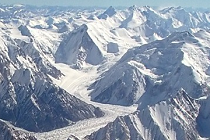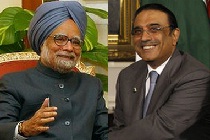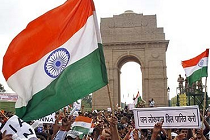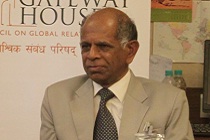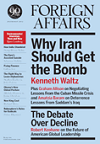Siachen: To hold or to fold?
There have been many discussions on the need to de-militarise the Siachen Glacier. Why have India and Pakistan suddenly begun to believe that they were mistaken in holding on to the region all this while? What are the possible ramifications of de-militarising this strategic location?

